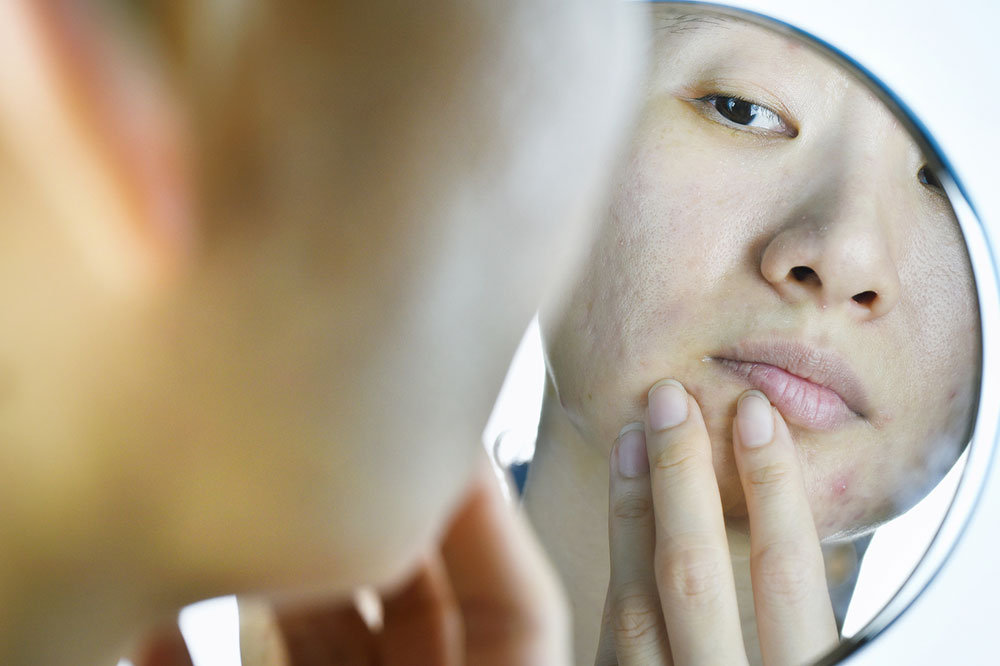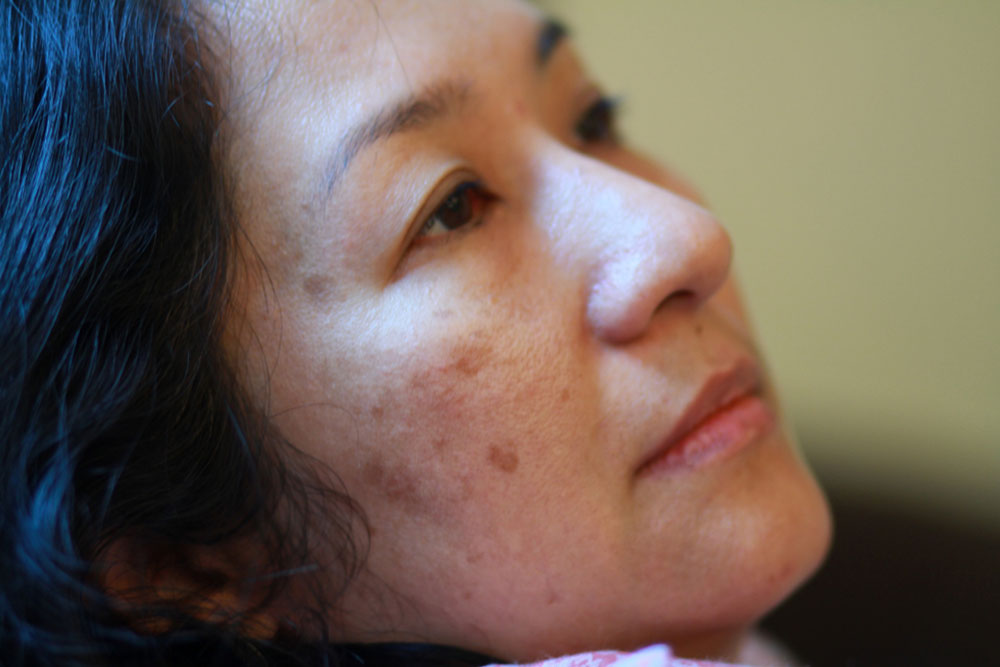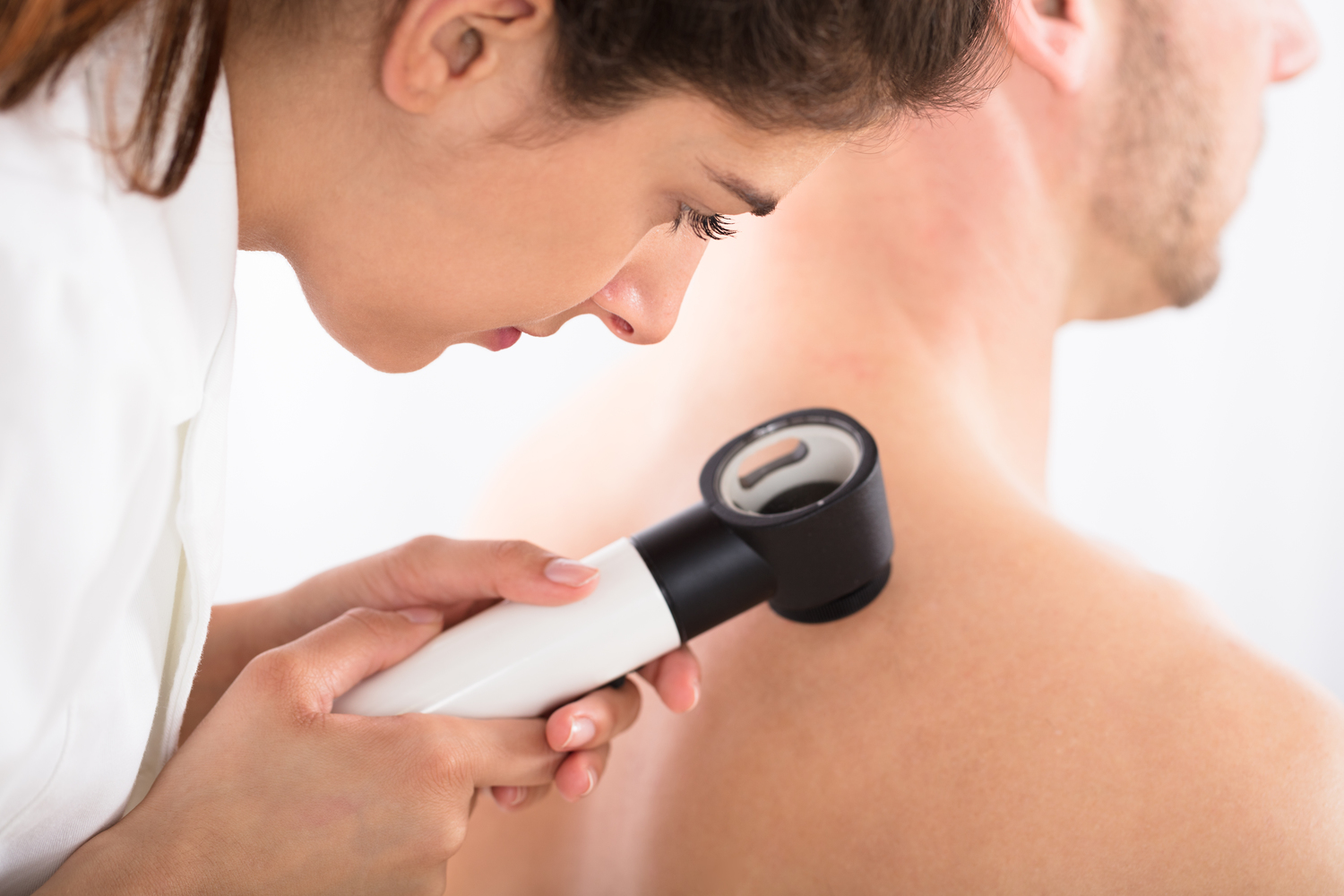Top 5 Skin Disorders Every Person Should Recognize
This article highlights five common skin conditions—acne, hives, rosacea, hyperpigmentation, and cellulitis—explain their causes, symptoms, and preventive care tips. Understanding these issues can help you maintain healthy skin and seek early medical advice when needed. Practical tips include proper hygiene, avoiding triggers, and consulting dermatologists for persistent skin concerns, ensuring overall skin health and confidence.

The skin, our body's largest organ, plays a vital role beyond mere appearance. It helps regulate temperature, ward off harmful microbes, prevent dehydration, and support vitamin D synthesis — all essential for overall wellness. Like other organs, the skin is susceptible to various conditions caused by genetics, lifestyle choices, or situational factors. Understanding these common skin issues and how to prevent them can help maintain healthy, glowing skin.
Overview of Skin Diseases
Skin disorders encompass a wide array of ailments, including infections by bacteria, viruses, or fungi, as well as allergic reactions, parasitic conditions, and certain types of cancer.
Let’s explore some of the most prevalent skin issues and effective ways to keep your skin healthy and radiant:
Acne
Common among teenagers, acne results from excess oil production, hormonal shifts, bacteria, and dead skin buildup. Usually appearing on the face, back, or chest, it can leave scars if untreated. It manifests as blackheads, whiteheads, or inflamed pimples, treated effectively with benzoyl peroxide, salicylic acid, or retinoids.
Hives
Also known as urticaria, hives are itchy, raised welts caused by allergic reactions to foods, medications, or irritants. They often fade within 24 hours but may persist longer in severe cases. Management includes antihistamines, avoiding triggers, and reducing stress.
Rosacea
This chronic condition causes facial redness, bumps, and sensation of burning sensation without clear triggers. Factors like spicy foods, hot drinks, and certain fruits can aggravate it. Though incurable, gentle skincare and avoiding known irritants can help manage symptoms.
Hyperpigmentation
Dark patches due to excess melanin can result from genetics, hormonal changes, sun exposure, or deficiencies like vitamin B. Preventative measures include sun protection and vitamin-rich diets, while treatments may involve topical agents like skin lighteners or corticosteroids.
Cellulitis
A bacterial infection affecting skin integrity, often following injury, leading to redness, swelling, pain, and sometimes fever. Early treatment with antibiotics and proper wound care are crucial. Untreated cellulitis can cause serious complications like tissue death or spread to other organs.
Being aware of these common skin conditions and practicing preventive care can help you maintain healthy skin. If you notice persistent changes or concerns, consult a healthcare professional promptly to avoid complications.










